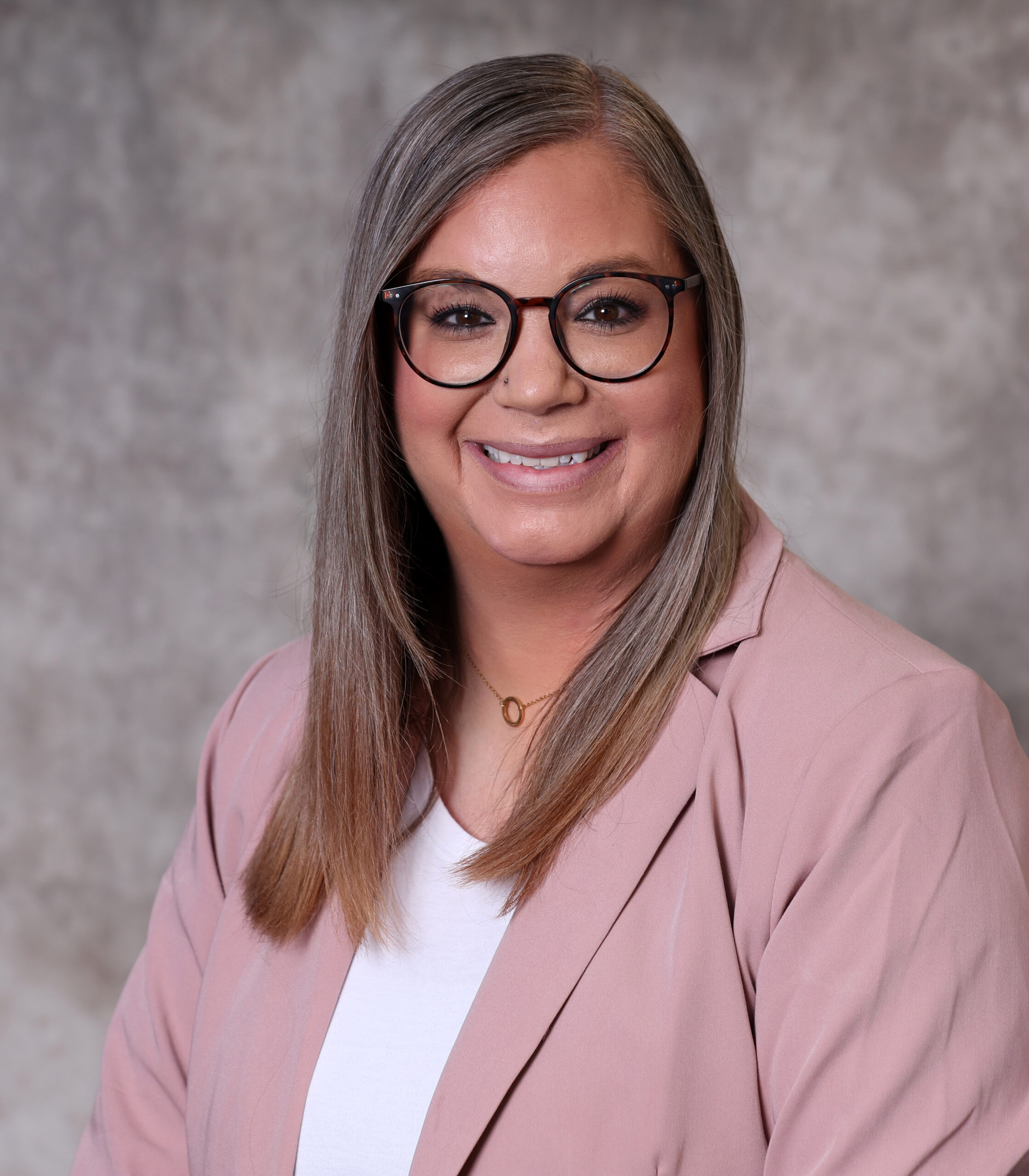Have you received a phone call urging you to take action immediately because you owe money to the IRS, something is wrong with your bank account or debit/credit card, or there’s a warrant out for your arrest? These are all examples of common messages scammers may use to scare you into providing your personal information or send them money.
These attempts have become more sophisticated with more persuasive messaging and technology that makes their call appear to come from a known phone number. Here’s how phone scams work, how to protect yourself and what to do if you think you’ve been targeted.
What are phone call scams?
Most phone call scams involve a fraudster impersonating the IRS or other government organization, a banker, a law enforcement officer, Microsoft or a similar professional. Common claims they make to capture your attention include claiming you owe money, one of your family members is in danger, your credit card has been compromised, there’s a problem with your bank account or computer, or there’s a warrant for your arrest. However, phone call scams are not limited to these professions being impersonated or these messages being used.
Once the scammer gets you on the phone, they instill a sense of urgency. They urge you to take action quickly by giving remote access to your computer, providing your personal information – like your date of birth, Social Security number, credit card information, among other pieces of information – and/or by sending money through a credit card transaction, cash/check, or even by purchasing a gift card and telling them the numbers on the front and back. If remote access is given to your computer, the fraudster has the opportunity to install malware, including key loggers, that allow them to view login credentials for your financial accounts. This can open the door for the fraudsters to process money transfers both internally and externally through online banking.
Once the fraudster gets ahold of your personal information and/or bank details, they then go on to commit identity theft, steal additional funds and more.
It’s important to know that these attacks are random. Victims are usually not specifically targeted. In other words, fraudsters don’t necessarily find out where people bank and then use that information to impersonate their bankers. Instead, fraudsters will impersonate a bank or other organization that may be relevant to the victim based on their community and other environmental factors.
How to protect yourself from phone call scams
If you answer a call and notice any of the red flags mentioned above, hang up immediately. Call whomever the person on the phone was claiming to be to verify the call was legitimate. For example, if the caller claimed to be a representative of your bank, hang up and call the bank directly using a verified phone number on their website to confirm they called you. Never give out your information to someone you don’t know and in response to a request you didn’t expect.
Keep in mind, even when a phone number appears to be local and even looks like the organization’s legitimate number, it could be fake. Scammers have evolved over time and can now even “spoof” phone numbers, making the phone they’re calling from look like a familiar number. This means that even when you recognize a phone number, you should still take these precautions if you weren’t expecting a call from the individual.
What do to if you’re a victim of a phone call scam
If you have received a phone call scam and have already given out your information or made a payment, or you believe your identity may be compromised in another way, here are a few immediate steps to take.
- Contact the Federal Trade Commission (FTC) to file a complaint online or by phone at 877-FTC-HELP (877-382-4357).
- File an identity theft claim at identitytheft.gov. This will begin the process recovering your identity and taking measures to prevent future identity theft.
- Notify the financial institutions you work with. This includes your bank, investment companies, insurance companies, and brokerage firms.
- Notify the three major credit reporting agencies, Equifax, Experian, and TransUnion and place a freeze on your credit with all three agencies.
- File a police report with your local police department.
- Change all your internet banking passwords.
The sooner you take steps to block scammers from committing further crimes against you, the less damage they can do.








 Equal Housing Lender. SBA Preferred Lender. NMLS #440379
Equal Housing Lender. SBA Preferred Lender. NMLS #440379